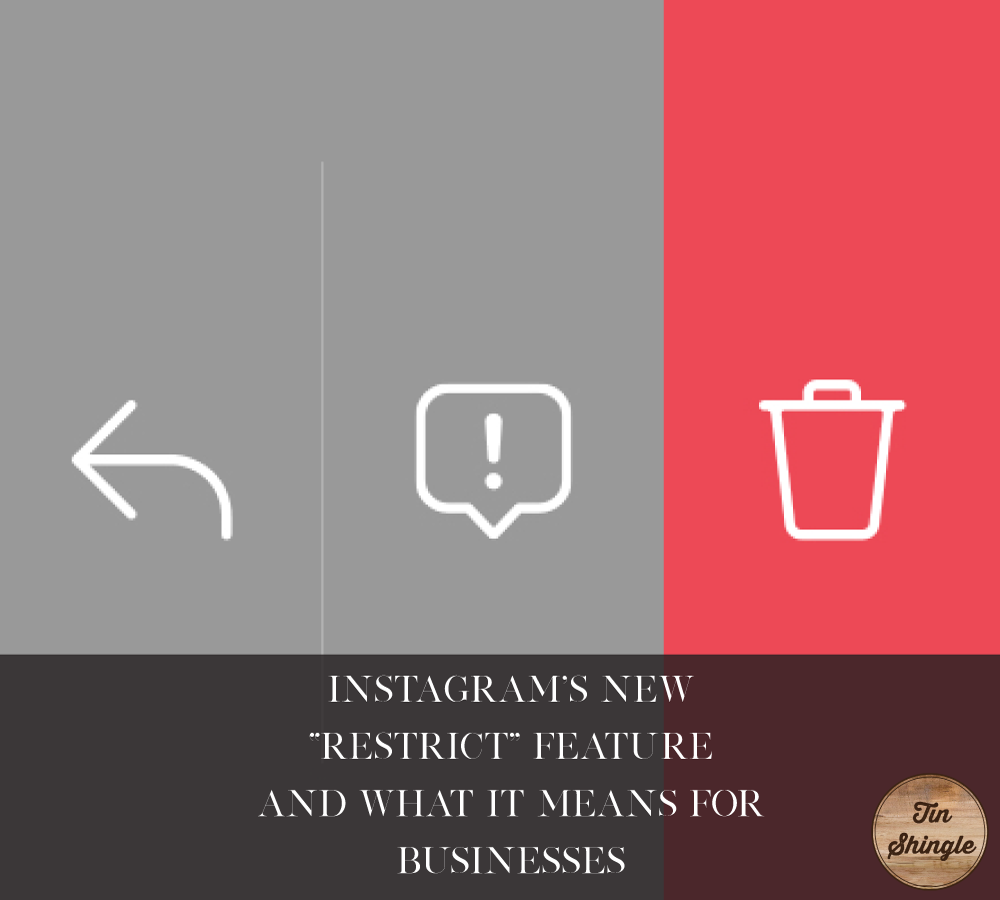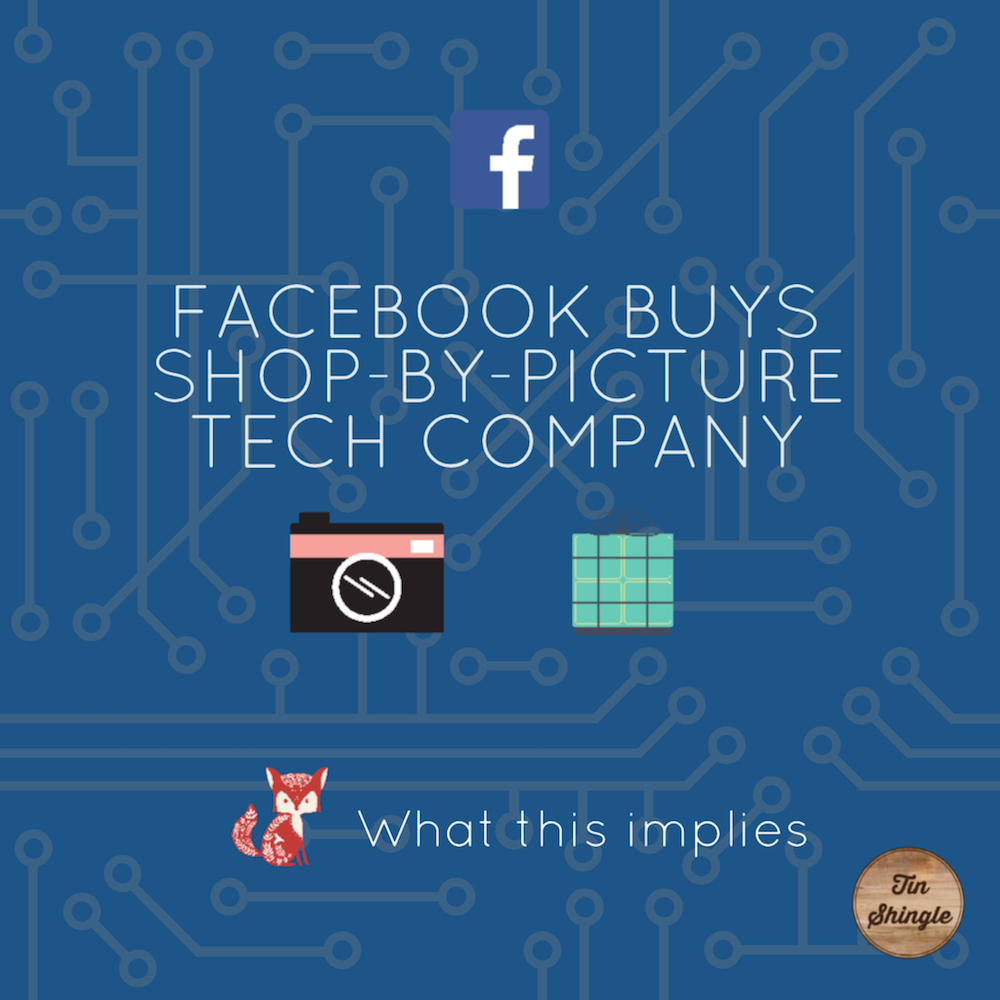Instagram released a new tool to softly reject someone’s bullyish or ugly Comment. “Restrict” is pretty simple to use, and the person who Commented doesn’t know you deleted the Comment, or restricted their future Comments. What will this mean for businesses?
When I was first hired to consult on a company’s social media strategy, I was conflicted about it. The whole thing felt like the Emperor’s New Clothes. How can you really tell if social media is working? All of these numbers of Likes and Comments and Shares of a social post or article were the way in measurement of the success of a social media campaign, or company in general.
At the end of the day, social media totally works, but what does that success look like? The easiest way is in the numbers and comments. Both of those are on their way out now, as Instagram rolls out its new “Restrict” feature, and as both Instagram and Facebook consider removing public-facing “Likes” from their platform.
Instagram Rolls Out The “Restrict” Feature - A Softer, Invisible “Block”
Instagram’s new “Head of Instagram,” Adam Mosseri, (don’t call him the CEO), has been on an interview circuit, like this one with the Today Show, to talk about how Instagram wants to be the leader in ending bullying online. One of their steps was to hear from people using Instagram and learn what would make them feel safer on the platform. Why couldn’t they simply use the “Block” feature?
The answer was “Because when we Block someone, they know it, and it escalates. They try harder.”
The “Restrict” tool is one that people can use after a Comment is posted, and they want it removed, but they don’t want the author of the Comment to know that. They can Swipe-Left on the Comment to Restrict it, and then all future Comments from that person will require approval from the person who is the Instagram account. The person Commenting will see their Comment there, and not know that it has actually been removed.
Muahaha.
More Emperor’s Clothes! But perhaps these invisible clothes are good.
The “Following” Tab Is Gone
Adam announced via Tweet that the “Following” tab is gone in Instagram. This showed you who of your friends Liked or Commented on what. You could find it in your Heart tab, which was annoying because presumably only things Hearting you were in that tab. This is a good move, as it reduces people obsessing over each other, and is one less thing to be distracted by. Read more about it in this Buzzfeed article.
Hiding “Likes” - It’s Coming
The next step will be removing “Likes.” This will make marketers crazy, and Influencers might totally freak out, as some of them use these numbers as proof to their marketing clients who pay them to post. However, everyone knows that bots can be bought to artificially Like things and drive up the popularity algorithm. Smart businesses won’t rely on such numbers to measure success, and instead will look to see if their bottom line is on the rise - with sales.
In Adam’s quest to make Instagram the leader in removing online bullying, he seems committed to creating a less toxic atmosphere. “The big idea is to try and make Instagram feel less pressurized, to make it less of a competition," Mosseri said during the Today Show interview. "So, you can spend a little bit less time worrying about how many likes you have and a little bit more time connecting with people or things that inspire you."
Facebook has also confirmed that they are testing removing Likes from their platform, as reported by TechCrunch. It should be noted that Adam Mosseri used to work at Facebook and is noted as developing the News Feed, which created this whole popularity obsession in the first place. When Instagram’s creators and co-CEOs resigned last year, Adam moved into his head position with Instagram.
What This Means For Businesses Who Pay Advertising Dollars To Social Media Influencers and Media Outlets
At first blush, not having these numbers will mean that advertisers can’t tell how their advertising investment is doing. But it doesn’t end the power of social media. It just throws a wrench into these measurement areas:
Harder To Measure ROI (But Can ROI Really Be Measured?)
MYTH BUSTED: ROI Really Can’t Be Measured By Like Counts Anyway!
Major buyers or clients may not ever Like something at all, but may hire you for a job worth thousands of dollars. Totally un-measurable.
Harder To Know What Of Your Content Is Popular
When you publish something, and get engagement, it’s nice to know how the content is going over so that you can provide more of it, or switch tactics.
MYTH BUSTED: Algorithms Make Knowing What Content Is Popular Impossible
Here’s the thing. Algorithms mean that no post is posted and seen by the followers. Nothing is organic. Nothing works like an off and on switch (except for targeted PPC pay-per-click campaigns). If you put up a personal post in Facebook, and link it to a website, there’s a chance it won’t fly, simply because it has a link. If it’s talking about a currently sensitive topic, it also may be suppressed. Because Facebook is building math into its censorship of everyone - all of us - no post is created equal. If one post gets a ton of likes, and another doesn’t, it simply could mean that the unpopular post simply never saw the light of day for certain algorithmic reasons.
Faking It Can’t Happen Anymore
Those considering paying a social media influencer or news media outlet will need to really get to know that outlet’s social handles that they are about to invest in, to see if it’s a good fit. Numbers alone won’t guarantee you sales. Relationships do.
How Do Businesses Measure The Un-Measurable?
If you can’t trust numbers to give you a simple answer, how can you measure your success rate? Pay attention. As you’re sharing photos and musings in social media, pay attention to who percolates to your inbox, your text, or your shopping cart, and when. You’ll wake up prospective buyers, or keep them loyal, with your consistent messaging.









